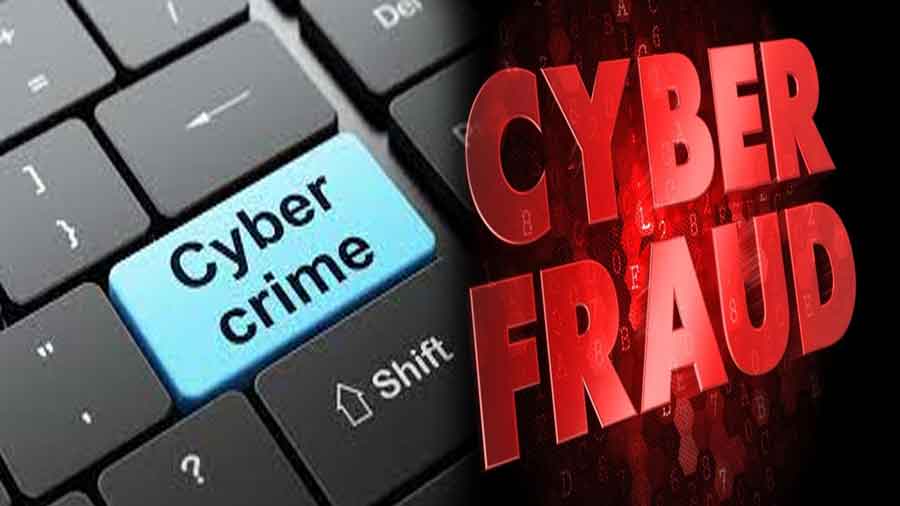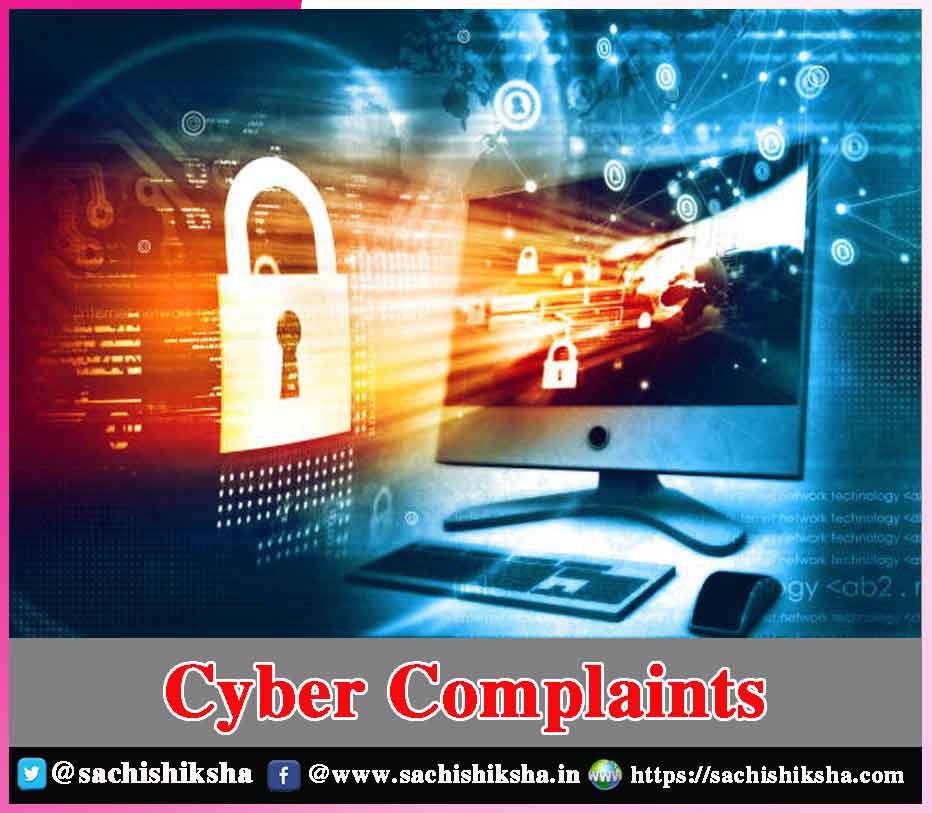Cyber Complaints
Table of Contents
Internet as a Necessity:
From a kindergarten kid to his grandparents, from ordering food to ordering medicines, everyone and everything is online. In this day and age, where internet is a necessity and most of our gadgets track our location and listen to what we speak to give accurate advertisements in various apps, our safety and privacy become more important than ever. As most of our information is available online, there are higher chances of our falling into the wrong hands and misused. A report by Times of India stated that cyber fraud complaints in 2023 have increased by 200% over the last year in Delhi alone.
What is a Cybercrime?

Various Means of Cybercrimes:
Malicious websites, fraud calls are a few means using which hackers steal credit/debit card details, CVV number or net banking information. Malware, commonly known as virus, is another cybercrime where the data in the device is corrupted by the hackers. Ransomware is a cybercrime where the virus attacks the individual’s system and the data is encrypted and only released when a ransom is paid to the hacker. In today’s time where everything has to be posted on Instagram and WhatsApp, cyber bullying is a common occurrence. It is where people are harassed using electronic means and it seriously affects the mental health of the victim.
Measures to Safeguard Public from Cybercrime:
The list of cybercrimes goes on, so what are the measures that have been taken to safeguard the common public from such malicious crimes.
Cyber Police:
Just like we have police to protect us in the physical world, we have cyber police to protect us in the online world. They are Government departments or Government approved agencies that are in charge of handling and stopping cyber-crime. Many social media apps have also connected with these organizations and have enabled an option of cyber complaints on their apps. Cyber complaints are the way in which a person aggrieved by any cyber-crime registers their grievance with the resolution agency.
In our country almost every state has a cyber police division and as an online redressal system to an online problem, there is National Cyber Crime Reporting Portal, where we can submit our cyber complaints. The website has special focus for cybercrime related to women and children and also provides awareness content for cyber security. An interesting point to note here is that the website facilitates reporting anonymously, which will shield the victims from any further abuse and also gives an opportunity for others to complain about a cybercrime, if they witness any.
Financial Cyber Fraud Help Line Number:
Just like 100 is the phone number to contact police, 1930 is the helpline number for financial cyber fraud. The world of internet never sleeps and that is probably why this helpline number is active 24×7. If you notice some strange activity in your devices such as phishing e-mails, SMS’, threating ransom calls or even cyber bullying, you can visit the website via mobile or laptop and register the cyber complaint.
You will receive an acknowledgment number using which you can track the status of the resolution of the complaint. If you are not able to access the webpage, you can visit the cyber cell division of the nearest police station and register your complaint. The Government has enabled multiple ways to file cyber complaints and be safeguarded from prying online activities. The Information Technology Act, 2000 deals with cybersecurity, cybercrime, data protection and privacy. This act has imposed fines and penalties on the cyber criminals which range from fines of rupees one lakh to even imprisonment up to three years and in some cases, both fine and imprisonment may be the punishment.
Never Share Your Personal Data:
Even with all these protective measures, it is our responsibility to protect ourselves in the world of internet. To begin with the basics, understanding how the internet operates and why it is important not to share our personal information are crucial to staying safe. Not revealing our personal data or bank information on random websites and making sure our passwords and OTPs are secretly stored are the next step to safety.
Install Anti-virus & Firewall Apps:
Additionally, we may install anti-virus and firewall apps from legitimate sources which will protect our devices from hackers and viruses. Children spend a lot of time on mobiles and tablets and do not know which link is safe and which link is a pitfall into hacker’s hands, this is where parents have to be careful and educate the child along with enabling child-mode which is available in most phones and apps and restricts the child’s activity.
Many awareness campaigns are being raised to bring caution relating to the cyber frauds that are being committed and we must stay updated with them to enable us to be better prepared and protected. Like we lock our homes at night to safeguard ourselves, we must lock our personal information away from internet and armour our phones from hostile apps and links.
Be aware, Be safe!













































